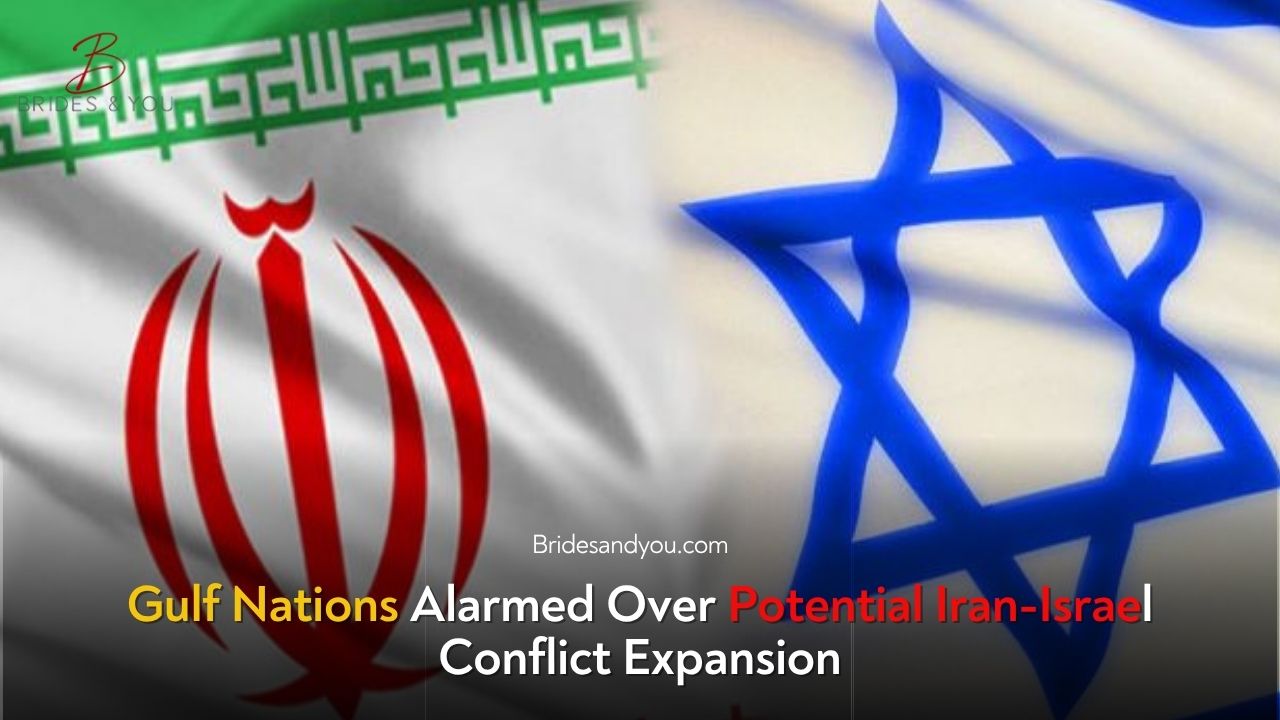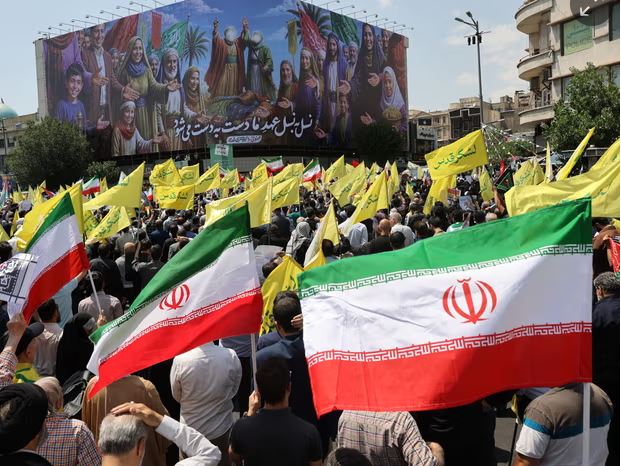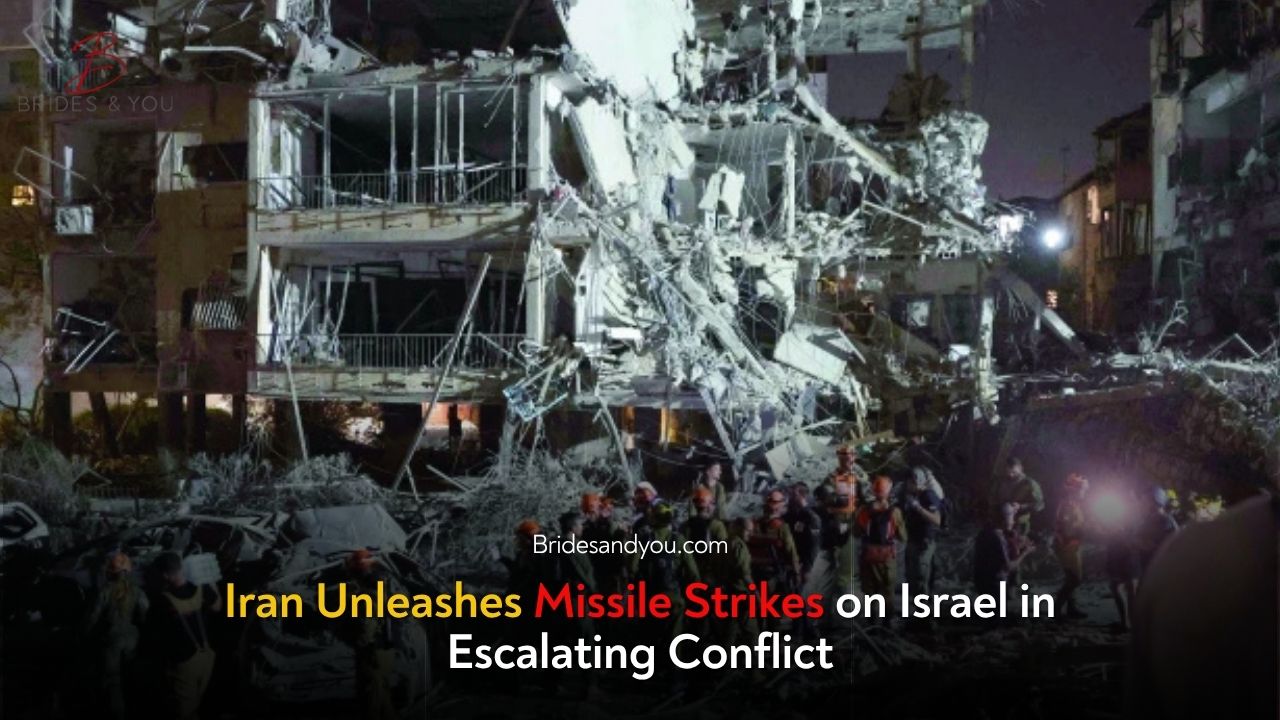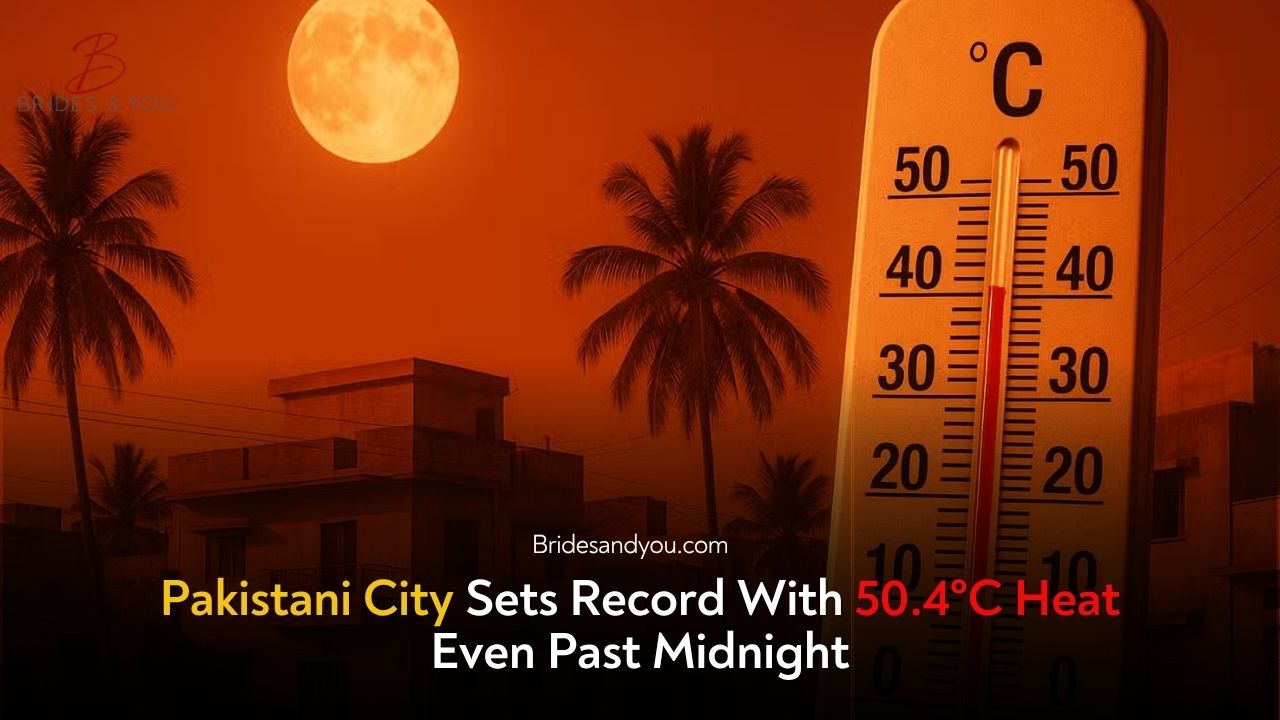Now Reading: Middle East Calls for De-escalation After Israel Iran Strikes
-
01
Middle East Calls for De-escalation After Israel Iran Strikes
Middle East Calls for De-escalation After Israel Iran Strikes

Nations across the Middle East are sounding the alarm, urging for urgent de-escalation after Israel’s unprecedented airstrikes targeted Iran’s nuclear and military infrastructure. These attacks, which killed key Iranian military figures, have stoked fears of a dangerous escalation that could destabilize the entire region.
Israel’s actions, described as the most severe strikes ever carried out against Iran, prompted a retaliatory barrage of over 100 drones and ballistic missiles from Tehran. Although the Israeli military successfully intercepted the majority, Iran’s leadership, including Supreme Leader Ayatollah Ali Khamenei, has vowed “severe punishment.” The region now stands on a knife’s edge.

Gulf Countries Condemn Strikes, Demand Diplomatic Resolution
Gulf Cooperation Council (GCC) countries swiftly condemned Israel’s military aggression. Saudi Arabia’s foreign ministry called the attacks a blatant violation of international law, urging immediate international intervention to stop further violence. In a move underscoring regional concern, Saudi Foreign Minister Faisal bin Farhan contacted his Iranian counterpart to press for a rejection of military force.
Despite long-standing political rifts with Iran, Arab Gulf states recognize the high stakes of an Israel-Iran war. A full-blown conflict threatens not just Iran and Israel but the entire Middle East’s security and economic balance. These countries, many of which host U.S. military bases and rely heavily on oil exports through the Strait of Hormuz, have much to lose.

Wider Regional Fallout Already Felt
The immediate consequences of the strikes have already rippled through the region. Syrian countryside witnessed falling debris from intercepted missiles, schools were closed in southern Lebanon, and Jordan scrambled fighter jets to shoot down drones. The possibility of a full-scale war is terrifying, especially given the fragile state of regional economies and ongoing conflicts in Yemen and Syria.
Iran’s control over the Strait of Hormuz—one of the world’s most critical oil chokepoints—adds to the urgency. Any prolonged conflict risks disrupting global oil supplies, directly affecting Gulf economies and international markets.
Iran’s Proxy Network Treads Carefully
Iran’s influence across the Middle East largely depends on its network of proxies—militias that include Hezbollah in Lebanon, the Houthis in Yemen, and Iraq’s Popular Mobilisation Forces. Historically, these groups have played crucial roles in Iran’s strategic depth, acting as deterrents and regional defense extensions.
However, this time their response has been surprisingly subdued. Hezbollah issued a condemnation but stopped short of action. The Houthis expressed support for Iran’s right to self-defense without launching any attacks. This tempered approach contrasts sharply with the more aggressive retaliation seen in April 2024, when missiles and drones were fired from multiple Iranian proxy-held territories.
Weakened Proxies and Strategic Calculations
Several factors are restraining Iran’s proxies. Hezbollah, once a formidable arm of Iran’s regional power, has suffered significant losses, including the deaths of top commanders and the seizure of its weapons by the Lebanese government. Years of conflict and shifting political dynamics have also diminished the capabilities of other Iran-aligned militias.
The fall of Syria’s Bashar al-Assad, a major Iranian ally, has further complicated Iran’s regional strategy. Iran’s leadership seems cautious, possibly avoiding triggering a broader confrontation that it may not be fully equipped to handle, given the current geopolitical and economic pressures.
Conclusion: A Fragile Calm With Ticking Clocks
The Middle East remains in a precarious state. While governments across the region are united in their calls for restraint, the potential for miscalculation remains dangerously high. The relative quiet from Iran’s proxies offers a brief window for diplomacy, but it’s uncertain how long this calm can last.
Global and regional powers must act swiftly to prevent this conflict from spiraling out of control. A diplomatic path remains the only sustainable route toward lasting peace.












